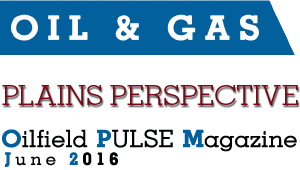fortunate as, although she only graduated from the U of C a couple of years ago, she already has great experience in HR and secured a job immediately. So, they are off to start their future, but unlike my start, they have been forced to leave. Not quite the highway of dreams that mine was, but hopefully, their future will brighten. Thankfully, neither of them are locked into oil and gas as a sole means of support.
The most striking similarity though is the landscape itself. There are still brilliant blue skies and trees everywhere. The air is every bit as fresh and crisp as it was almost forty years ago. I do not dispute the effects of greenhouse gases on the environment nor that there is some global warming going on, but I see no evidence of any damage to the environment here. Alberta is and has always been an excellent steward of the environment. It angers me that our own governments seem to want to beat us up to advance their own agendas. In the overall scheme of the environment, the oil sands have miniscule impact when compared to so many other countries and industries around the world.
Satellite imagery of the burn scar left by
the wild fire on May 4, 2016
But, this edition is about hope not despair, future prosperity not bankruptcy, and success not failure. We are already seeing huge changes to the business landscape in Calgary and Alberta. Improved levels of cooperation and diverse companies working together to create success are happening. Dialogue and action at the highest levels are helping to map out a path forward. There is even a different perspective on how we mine our most valuable commodity.
At a recent meeting of like minds, an acquaintance of mine, Allan Chegus of Stream Systems, coined the phrase, “Thrive at Forty-Five.” He was describing how all companies must learn how to create success and profitability with oil priced at or close to $45.00 per barrel. This needs to become the mantra of our industry. The costs have been cut as far as they possibly can. Inefficient and unprofitable businesses are mostly gone. It is time to create trust-based and lasting partnerships and return to a time where people simply keep their commitments. There was no need for binders full of contract legalese to “bind” parties. There was the simple understanding that I would not let you









